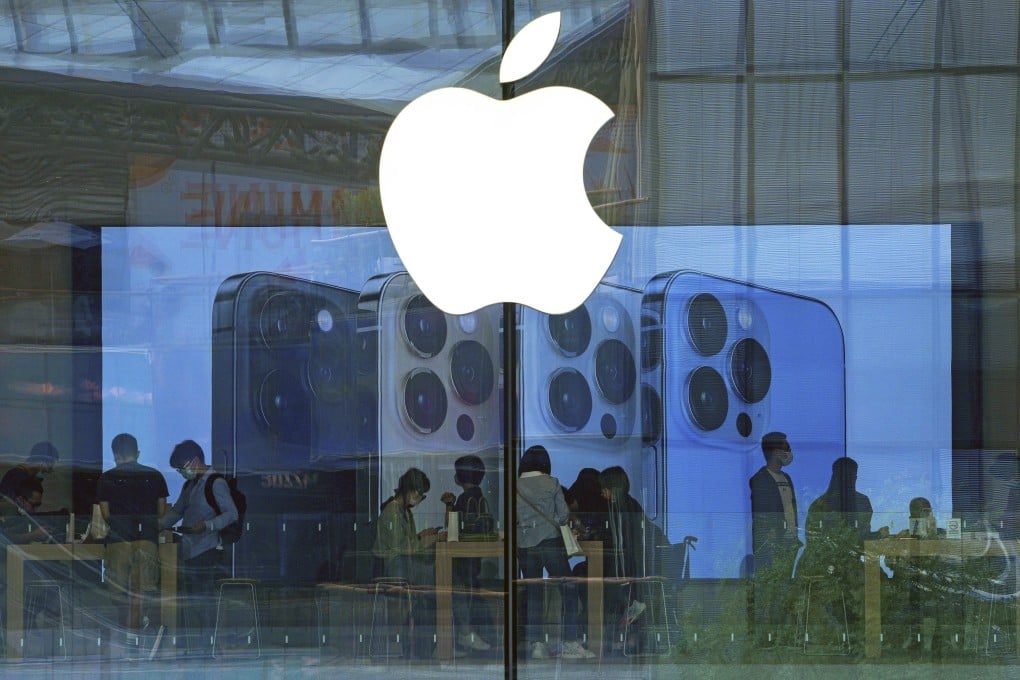Exclusion of Apple Intelligence from China market may weigh on iPhone sales, say analysts
- Netizens on Chinese social media service Weibo are taking a wait-and-see approach, with many searching for ways to bypass Apple’s restrictions

The exclusion of the much-anticipated Apple Intelligence suite from China’s market could weigh on iPhone sales in the country, analysts said, especially after the US tech giant dropped out of the mainland’s top-five smartphone brand list in the second quarter.
Following the debut of Apple Intelligence’s beta version on its newly released iOS 18.1, Chinese users expressed disappointment that the highly anticipated suite of artificial intelligence (AI) features is not yet available in their market. The beta version is limited to American users as it requires them to set the language of the device and voice assistant Siri to US English, and the device region to the US, which excludes China and the EU.
Netizens on Chinese social media platform Weibo are taking a wait-and-see approach, with many searching for ways to bypass Apple’s restrictions. One Chinese user on X, formerly Twitter, wrote on Tuesday that it won’t be necessary to have the “fear of missing out” as everyone “inside the Great Firewall … is subject to this kind of experience downgrade”.

Apple did not immediately respond to a request for comment on Wednesday about its plans to launch Apple Intelligence in China.
Uncertainties are looming around how and when Apple can bring its AI features to China, as the California-based tech giant will need to tackle major challenges including Beijing’s stringent regulations on large language models (LLMs) and data handling in the country.
“Apple is facing a bottleneck in mainland China,” Canalys analyst Lucas Zhong wrote in a report last week. “The localisation of Apple’s Intelligence services in mainland China will be crucial in the next 12 months.”
Apple adopts a hybrid approach in its AI strategy, with a focus on privacy, promising to handle most of the AI computing on the device, and use its Private Cloud Compute system to handle more complex AI problems.

